John J. Hopfield of Princeton University in the United States and Geoffrey E. Hinton of the University of Toronto, Canada, have been jointly awarded the 2024 Nobel Prize in Physics by the Royal Swedish Academy of Sciences.
The prestigious award was given in recognition of their “foundational discoveries and inventions that enable machine learning with artificial neural networks,” according to the Academy.
Join our WhatsApp ChannelThe Nobel Committee praised Hopfield and Hinton’s contributions to the development of neural networks, a key technology that underpins much of modern machine learning and artificial intelligence (AI). This recognition underscores AI’s growing importance in everyday life, as machine learning becomes increasingly integral to scientific research, including fields like physics, where it is used to create “new materials with specific properties.”
Pioneers in Neural Networks
John J. Hopfield is renowned for his creation of the Hopfield network in the 1980s, a form of recurrent neural network that allows AI systems to store and process vast amounts of information. His work has been instrumental in shaping how machines mimic certain aspects of brain function, such as memory recall. Meanwhile, Geoffrey E. Hinton, often referred to as the “godfather of AI,” transformed the field with his groundbreaking research on deep learning and backpropagation. These innovations allow machines to learn and improve through experience, much like humans.
READ ALSO: US Duo, Ambros, Ruvkun Win Nobel Prize In Medicine For microRNA Discovery
The Nobel Committee highlighted how these breakthroughs “stand on the foundations of physical science,” with Ellen Moons, Chair of the Nobel Committee for Physics, emphasizing that Hopfield and Hinton “have shown a completely new way for us to use computers to tackle many of the challenges our society faces.”
AI’s Future: Promises and Concerns
In his remarks following the announcement, Dr. Hinton expressed both gratitude and caution. He compared the rise of AI to the Industrial Revolution, noting that while it has the potential to greatly enhance human productivity and healthcare, it also carries risks. “We have no experience of what it’s like to have things smarter than us,” Hinton said, referring to the future of AI.
He stressed the importance of managing the technology carefully to avoid unintended consequences, including the possibility of AI systems becoming uncontrollable.
About the 2024 Nobel Laureates in Physics
John J. Hopfield, born in Chicago, began his career in 1958 at Bell Laboratories as a physicist. He later moved into academia, joining Princeton University’s physics faculty in 1964 and eventually working across multiple disciplines, including chemistry and molecular biology. His neural network research in the 1980s opened new frontiers in understanding how the brain informs machine learning.
Geoffrey E. Hinton, born in London in 1947, has been a prominent figure in AI for decades. His research on neural networks began in the early 1970s, a time when few believed in the potential of the technology. After key breakthroughs in 2012, Hinton joined Google, where he continued to lead advancements in AI before retiring as a vice president and researcher. He remains a professor at the University of Toronto.
The 2024 Nobel Prize in Physics marks the second award announced this year, following the prize in 2023 for advancements in light pulse technology. Hopfield and Hinton will share the 11 million Swedish crowns ($1.1 million) prize, a gold medal, and a diploma. They will receive their awards at a ceremony in Stockholm on December 10, the anniversary of Alfred Nobel’s death.
In 2022 and 2023, three persons were jointly awarded the Nobel Prize in Physics.
READ ALSO: Three Scientists Win 2023 Nobel Prize For Physics
This year’s prize adds to the rich legacy of the Nobel Prize in Physics, which has been awarded 118 times since its inception in 1901, celebrating groundbreaking discoveries that have transformed our understanding of the physical world.

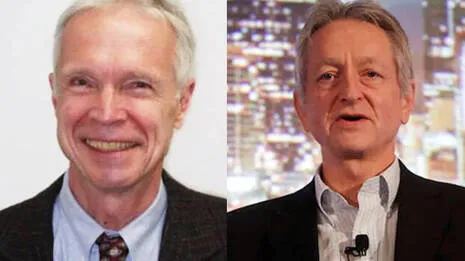


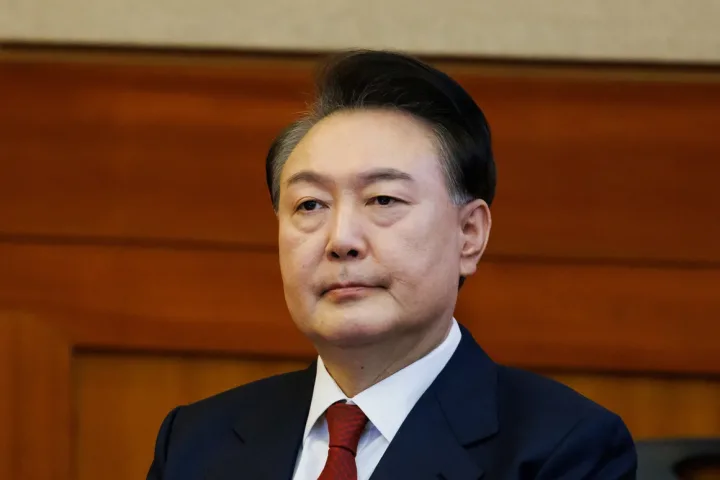
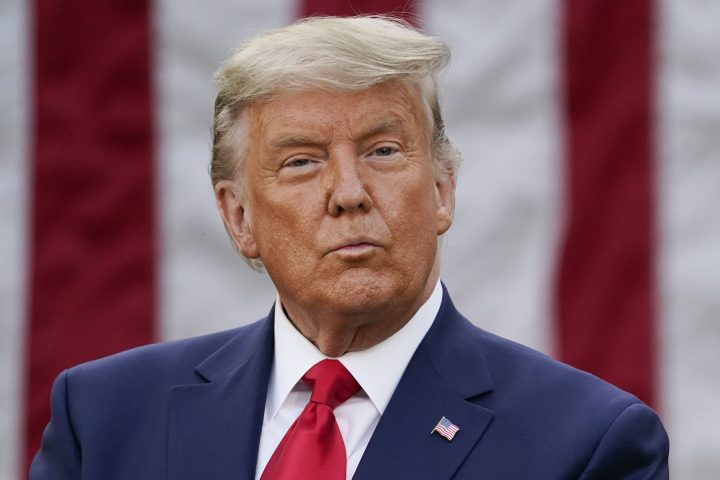









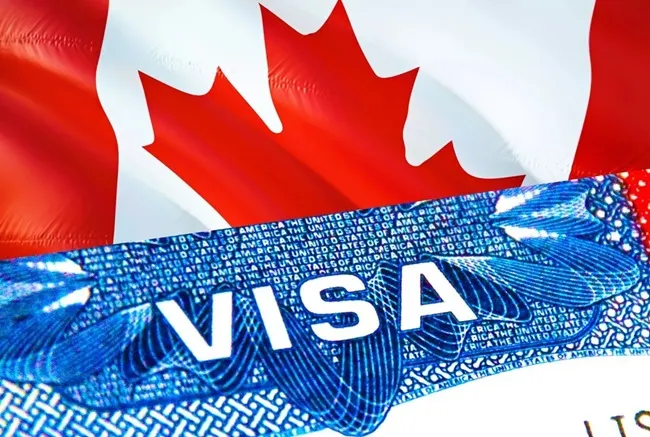
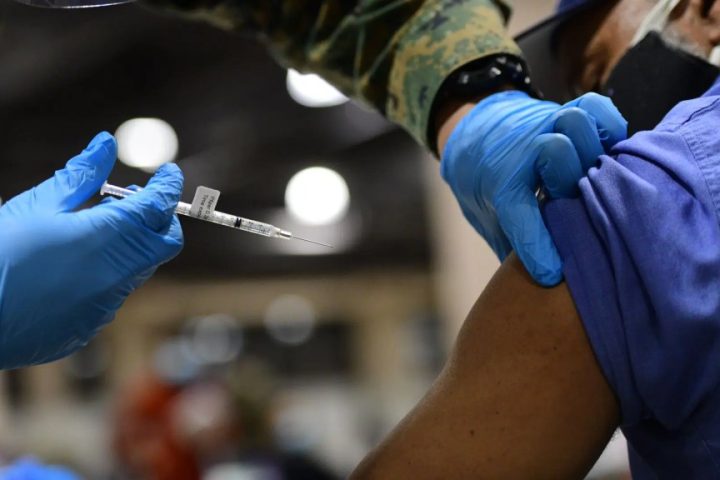
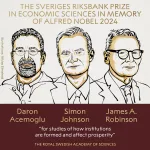
Follow Us